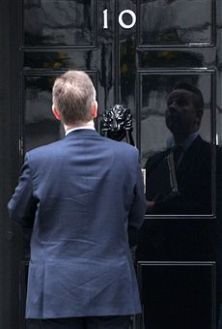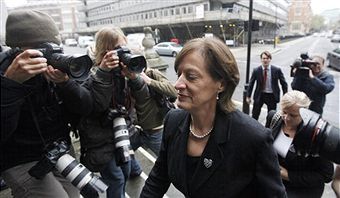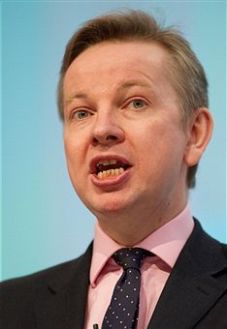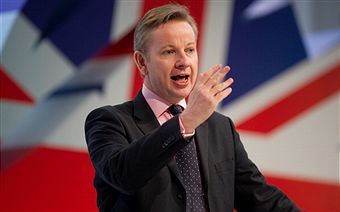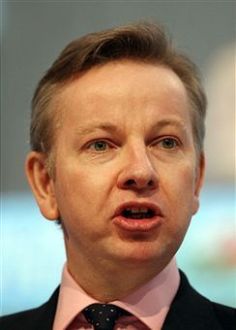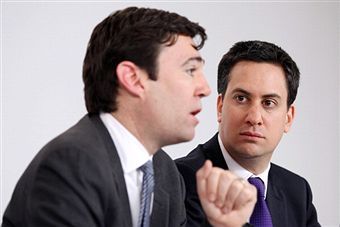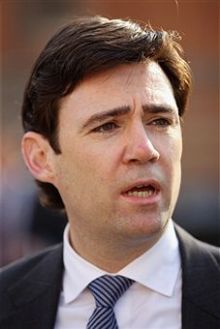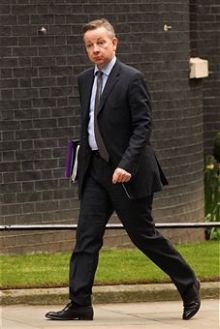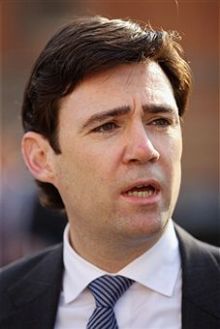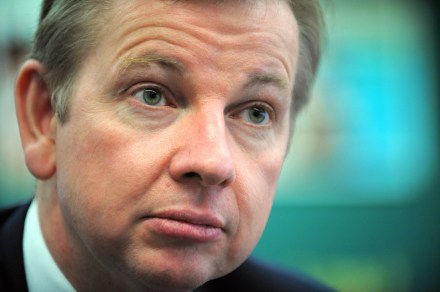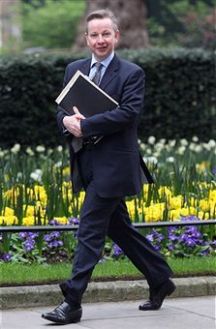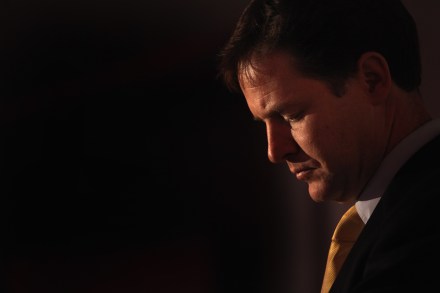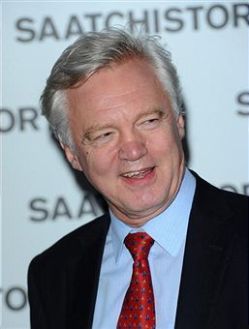Burnham burns up
Andy Burnham has caught up with Coffee House’s revelation earlier this week that the Treasury, the Department for Communities and Local Government and the Department of Education are going to have to review their position on academy funding because of a legal challenge. Burnham is twittering, in typically hyperbolic terms, about the matter. But the reality of the situation is rather less dramatic. The coming changes will simply be a matter of preventing the taxpayer paying twice over for a service, once from the academy to the local authority (the new system) and once from the Department of Education to the local authority (the old system). Education is fast turning into one



